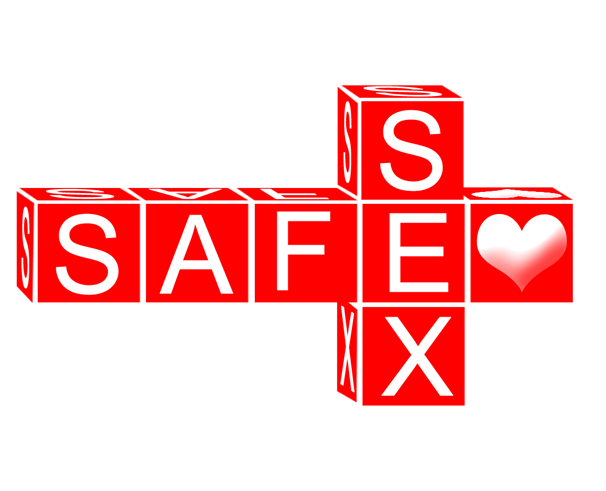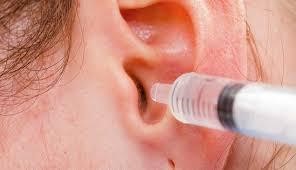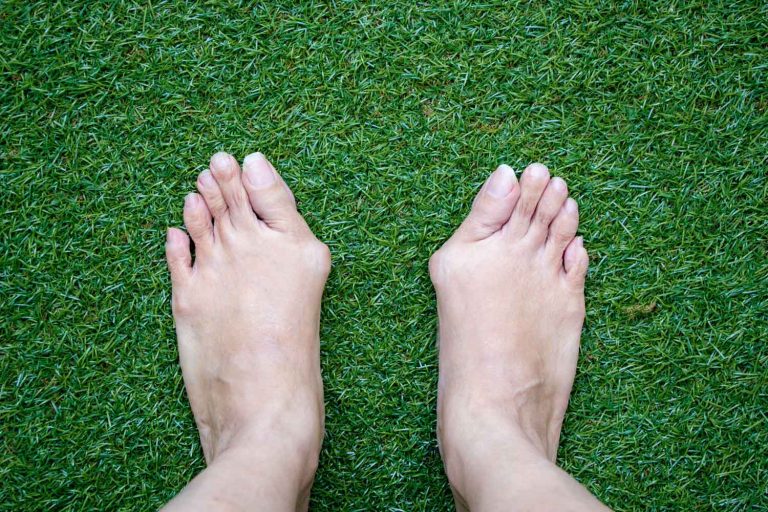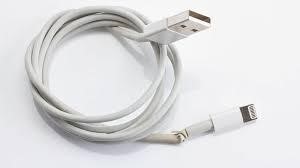Your lungs take oxygen out of the air you breathe and filter it into your bloodstream. Oxygen feeds cells, so it is critical to maintaining life. Your lungs remove toxic carbon dioxide out of your body each time you exhale. All creatures with spines have a set of lungs, and for optimal wellness, they must be healthy.
Did you know?
Did you know that in your adult years you breathe 12 to 20 times each minute? You consume over 2,000 gallons of air in 24 hours. If you suffer from a respiratory ailment, such as asthma, CPOD, emphysema, or tuberculosis, the lungs’ ability to intake this much crucial life-support is compromised. Illnesses, such as bronchitis and pneumonia also tax your ability to intake air.
Respiratory Therapy for the Elderly
According to the University of Cincinatti, respiratory therapists help people of all ages breathe; however, the Bureau of Labor Statistics anticipates a need for respiratory therapists for the elderly to increase 12 percent by 2024. How will these practitioners help improve medical care? They will ensure that the elderlies’ lungs remain as healthy as possible.
Those specializing in respiratory care for the geriatric are called gerontological respiratory therapists. They help with illnesses common to the aging. When hospitalized or in a home and suffering from any of respiratory condition, a therapist will work the patient one-on-one, monitoring lung capacity and encouraging oxygenation through breathing treatments and exercises.
Therapists Who Work in Critical Care
Many respiratory therapists prefer working in a life-or-death environment, and for those practitioners, there are intensive and critical care units. Ventilated patients are more susceptible to fluid infiltrating their lungs. An ICU or CCU respiratory therapist must ensure they know how to use the most advanced medical equipment to prevent critical patients from contracting ventilator-associated pneumonia.
Pediatric respiratory therapists may also work in a critical care situation. Many premature infants are born with respiratory ailments, as although the lungs begin to develop at eight weeks, they are not fully mature even at 31 to 34 weeks. Consequently, when a baby is born premature, one of the greatest concerns is the respiratory system and the infant’s ability to breathe on his or her own. In most cases, he or she cannot, and a respiratory therapist is called in to monitor the child.
The Future of Respiratory Therapy
Technology has changed the way people do things at a lightening pace, and it is now making its mark in healthcare. Equipment used today is a far cry from the equipment used 10 years, even in respiratory therapy. Information technology has created an entirely new ecosystem that is directly related to healthcare and how practitioners interact with each other and their patients. Click here to learn more about this innovative healthcare support system.
This is, of course, part of any respiratory therapist training program, as these practitioners will take advantage of the new technology and the environment in which it is used once they embark upon their careers. If you are looking for a way to work within the healthcare industry, consider training as a respiratory therapist. The job is in demand and you will play a crucial role in helping people young and old breathe easier.













+ There are no comments
Add yours